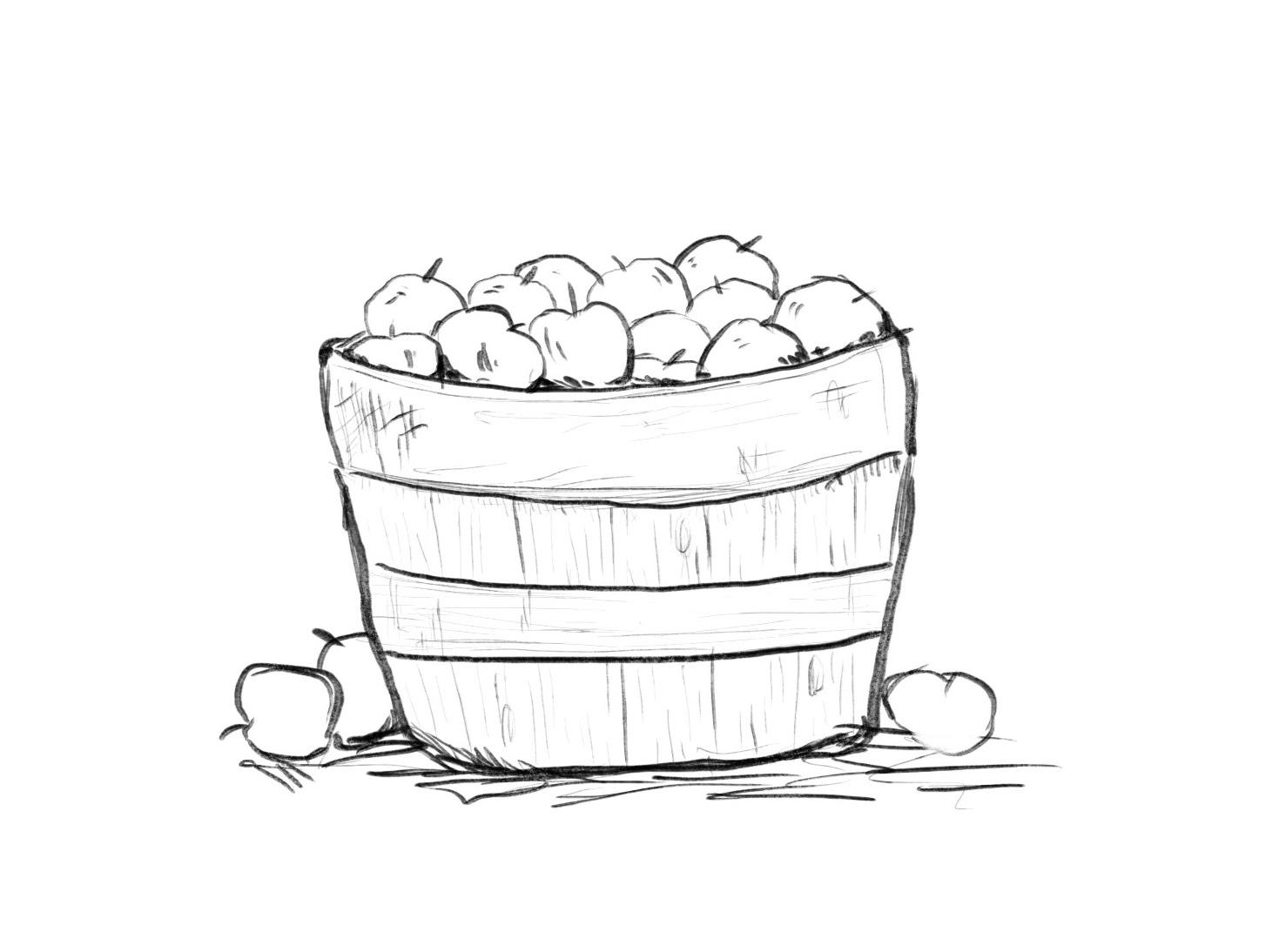Nat & Ana
Queer Wedding 101

Question
I thought "queer" was a slur...?
Answer
Well, it's complicated. A brief history: "Queer" first started being used to mean different, or outside the norm, (sexually, behaviorally, drunk, etc) By the 1900s, it began being used more often to refer to homosexual people, and became a homosexual slur in the 1950s. In the 1980s, people started reclaiming the word from its negative history in the midst of activism around the AIDS epidemic. Today, queer is used as an umbrella term for gender and sexuality identities that fall outside of the norm (aka being cis-gender and straight). It still carries its history with it, so it is important to check for consent with the people you're calling queer. * * * For Nat and Ana, "queer" is their preferred term to refer to having identities around gender and sexuality that fall outside of the norm. For us, it is a positive and inclusive term that we welcome.
Question
Why queer instead of lesbian?
Answer
Simply put, Nat and Ana don't identify as lesbians. Queer is an umbrella term for a lot of identities related to gender and sexuality, and Nat and Ana have a number of identities that don't fit nicely in the binary. Ana - identifies as a cis-woman that is pansexual. Nat - identifies as queer - in gender AND sexuality. There is so much language out there to describe varied gender and sexuality experiences. You could start here: http://www.soc.ucsb.edu/sexinfo/article/glossary-sexual-orientationgender-terminology Maybe some of these terms resonate with your experience.
Question
So is this wedding going to be different than a straight wedding?
Answer
It might be different than some weddings you've been to before, but that's because we're making it our own and not because we're queer. You certainly don't need to do anything differently. For more on this question, please see: http://www.cc.com/video-clips/azxp0f/key-and-peele-gay-wedding-advice
Question
I want more info about Nat being trans. This is new for me.
Answer
Nat identifies as trans and genderqueer. For them, 'trans' means that they don't identify with the gender they were assigned at birth. It DOES NOT mean that they are "transitioning" to being male. Rather, Nat finds comfort and security in an identity that sits somewhere in the middle of the spectrum. Just in case you were wondering, Ana identifies as a cisgender woman (meaning she identifies with the gender she was assigned at birth) and is happy to be referred to as 'they' or 'she'. Queerness, singular 'they', and questions of gender and sexuality identity in general may be new to you. That's okay! Our friend, Beth ('they' or 'she'), has compiled some resources for you. Here's a Trans 101 video: https://www.youtube.com/watch?v=-3ZzpTxjgRw&feature=youtu.be And here's a guide to pronouns: https://www.colorado.edu/gsc/resources/pronouns-101 And this may help with your grammar questions about 'they': https://www.youtube.com/watch?v=imK17HQ6dy8
Question
So what does this mean for me? What should I do?
Answer
As the primary way we make sense of the world, the words we choose are really important. Words can be hurtful. Don't call people "fruitcakes" in a derogatory way and don't use "gay" as a synonym for "stupid." Avoid referring to groups of people as "ladies" or "guys" unless you are certain of everyone's gender identity. We like "y'all," "folks," and "friends" as alternatives. Work on expanding your understanding of gender roles. When you catch yourself saying something like "You know how women are!" pause and reflect on whether all women are really like that. Broad generalizations about men and women are a common way that trans people get erased. Here are some gender stereotypes you may not even realize you've internalized: https://www.scena9.ro/en/article/gender-stereotypes-male-female Here are some words and phrases you should consider adding to your vocabulary, for the wedding and beyond: https://www.bustle.com/p/7-gender-neutral-terms-we-should-all-be-using-956599
Question
But what if I mess up?
Answer
You probably will. We all do. There are some simple things you can do: 1. Apologize. Keep it short and move on. Don't make a big deal out of it. 2. Correct yourself. Let a "she" slip for someone who's genderqueer? Say it again with "they" and then move on. Don't make a big deal out of it. Sometimes it's easier to correct others when they mess up than it is to correct yourself. Do that! It's a good starting point. And be open to others who correct you.' If you're struggling with this, check out the page of folks who helped us make this event happen and seek out their help. They'd be glad to chat. And check out this link for more info: https://www.hercampus.com/school/f-and-m/acceptable-vs-unacceptable-ways-correct-yourself-if-you-misgender-someone
Question
Whoa. This just seems like a lot to learn.
Answer
It is! And validating people's identities is really important. So it's all worth learning. You'll probably make some mistakes with this at first, especially if there aren't very many queer people in your immediate circles. That's okay. Here are a few more resources to help. A Frontline documentary about transgender kids: https://www.pbs.org/wgbh/frontline/film/growing-up-trans/ Some additional videos about being non-binary/genderqueer: https://www.cbsnews.com/news/non-binary-transgender-you-havent-heard-of/ Some answers to more questions you might be asking yourself: https://www.teenvogue.com/story/they-them-questions-answered And finally, a guide designed for parents that has some helpful explanation of nonbinary children. This one might be especially helpful if you're struggling with the changing identity of someone you know and love. http://lifeoutsidethebinary.com/post/96149381358/so-your-child-is-nonbinary-a-guide-for-parents